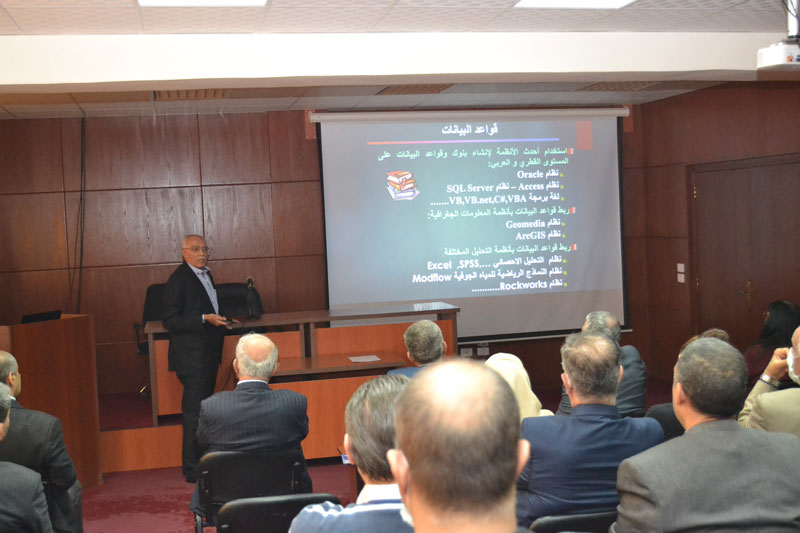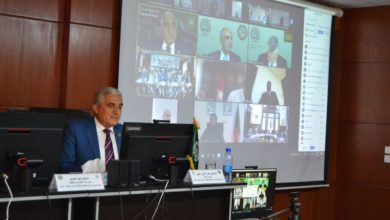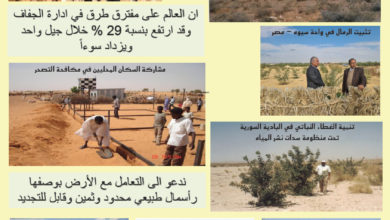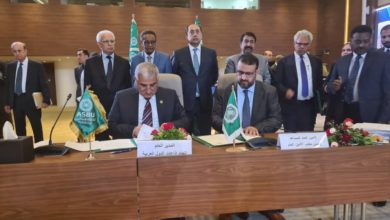A workshop on Informatics in ACSAD
The Arab Center for the Studies of Arid Zones and Drylands (ACSAD) held a scientific workshop at its headquarters in Damascus on 18/11/2020 on “Informatics and Development Projects,” in the presence of the ACSAD Director-General, Dr. Nasr Edin Obaid, and a large number of Syrian and Arab experts, researchers, and an interested group people.
In a speech at the workshop’s opening, the Director-General emphasized the use of information technology in research and studies conducting by ACSAD, where information technology has become one of the most important tools of scientific research, especially research information, including experiments, conducting it and its results, and research results. The importance of developing a methodology for researchers looking to take advantage and benefits from all modern technologies in this field, through the formation of a research work team enhanced using information technology.
Eng. Ziad Kammerji, the head of the Informatics Unit of ACSAD, presented a scientific presentation entitled “Informatics and Development Projects,” in which he explained the use of the material and programmatic informational techniques and systems in the implementation of various development projects, such as database systems, statistical analysis systems, and geographic information systems… and others. He explained the mathematical, logical, and scientific concepts supporting information work in implementing development projects through designing special decision support systems, giving the decision-maker a set of solutions to choose the most appropriate ones.
Considering that; ACSAD is implementing projects related to agriculture, water resources, and land-use, Eng. Kammerji presented a set of database systems that ACSAD has implemented in its various work fields, such as (water resources for a group of water basins, dry area plants, livestock…) and the use of Object-Oriented Systems such as (GIS, statistical analysis systems, objective mathematical systems, and models) and remote database design (the vegetation’s database of the desertification combat project for West Asian countries).
As well, ACSAD experts worked in the field of programming, databases, web, and mobile application design, using various Object-Oriented Programs (OOP) and linking them within integrated systems (DSS decision support systems). The organization is currently working on designing several databases (remote participatory networks) and Integrated systems based on the latest scientific concepts of optimal solutions such as goal programming, fuzzy logic, and Nanotechnologies.
ACSAD also is interested in implementing the AIB data bank Project( ACSAD Information Bank), which provides storage and management of all data and files (in all its forms) for old and ongoing ACSAD projects, and the project of the publication of several databases on its website to be as an important reference for researchers and graduate students.
In conclusion, the engineer Kammerji answered the attendee’s questions and inquiries about benefiting the development of working methods using the newest information systems.




